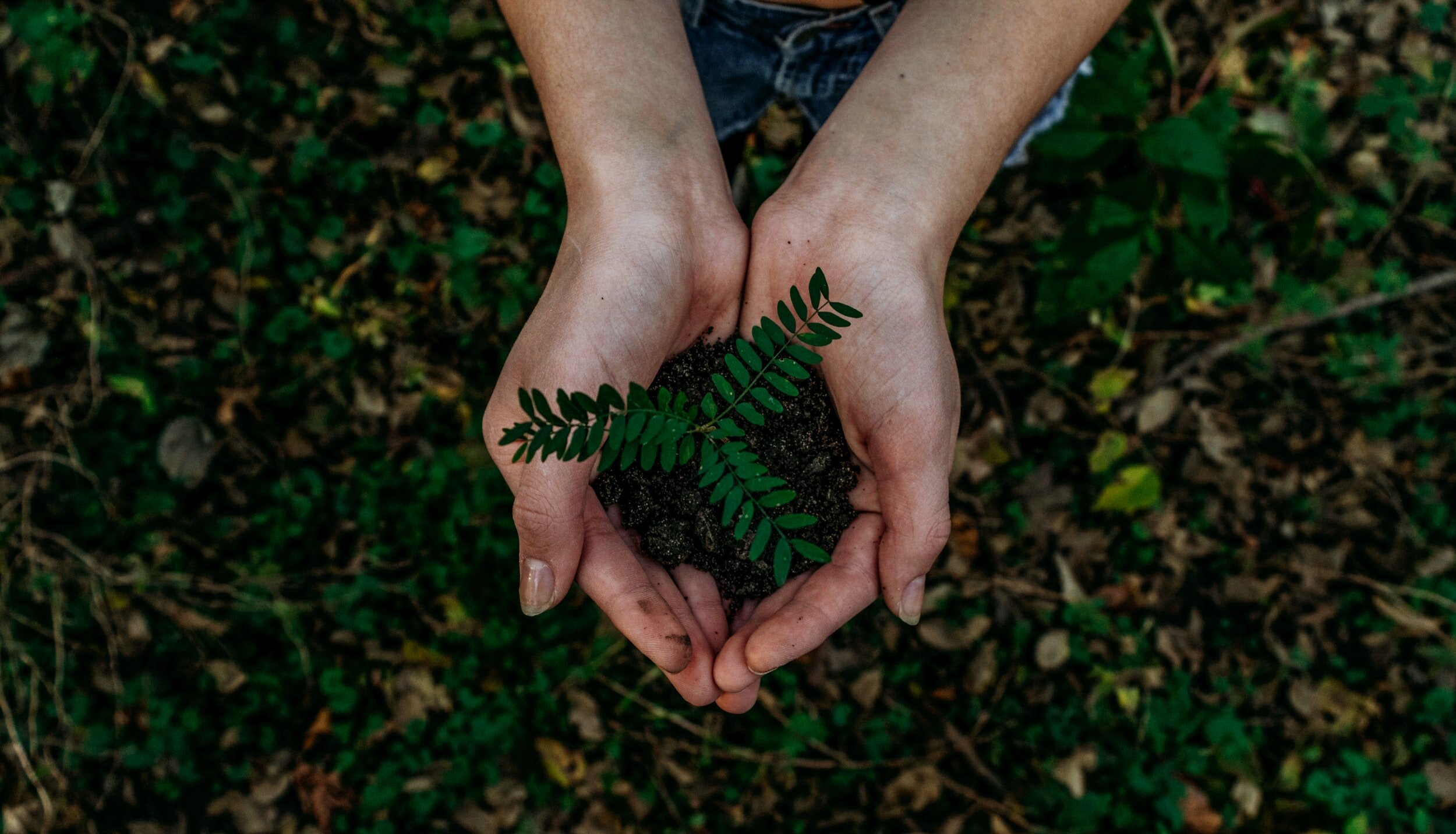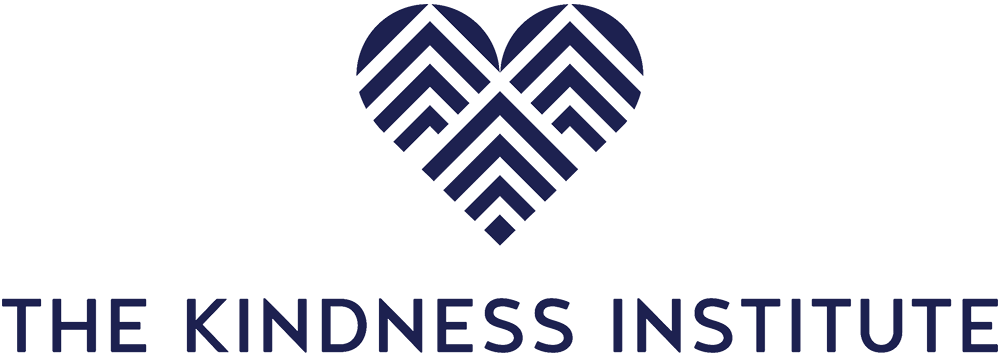
The Kindness Institute (TKI) acknowledges and aligns to kaupapa Māori principles.
This has been woven into the fabric of the organisation, to honour the tuakiri (identity) of the indigenous rangatahi of Aotearoa and how a Te Ao Māori view supports all rangatahi who participate in TKI programs.
Te tiriti o Waitangi: Te Mana o te whenua
Te tiriti o Waitangi is the founding document of Aotearoa and speaks to a partnership between Māori and non–Māori. TKI has a commitment to Te tiriti o Waitangi and recognises the Mana of Tangata Whenua (people of the land) and the traditions that have been handed down through the generations.
Kaupapa Māori comes from the voices of young people who see the beauty in their language, culture and identity as an integral part of who they are. Since its inception kaupapa Māori has been acknowledged as a foundation upon which rangatahi can embrace the work of The Kindness institute and also the role mindfulness plays to enable all rangatahi to become the rangatira (leaders) they are destined to be.
Hei tirohanga mo te katoa – a Vision and purpose
A blending and re-cognition of eastern philosophies and modalities within a te Ao Māori context is an important part of the TKI kaupapa that resonates with rangatahi who are own their own journey in Te Ao Māori. Further alignment with indigenous hauora practices will be developed over time with input from Whānau, hapu and Iwi as part of a holistic process.Tuia te muka – Weaving together the strands
TKI’s holistic framework is guided by Te Whare Tapa Whā — a model of the 4 dimensions of wellbeing developed to provide a Māori perspective on health to promote the alignment of wairua, hinengaro, tinana and whānau with the power of kindness through Te Ao Maori.
Te reo Māori and tikanga Māori are incorporated into all aspects of TKI and can be seen, heard and felt throughout the organisation. These include:
- ATAWHAI - To care for; to show kindness.
- Te noho puku - Mindfulness
- Karakia(spiritual acknowledgement)
- Pepeha (indentity)
- Mihimihi / Whaikōrero – Public speaking
- Wānanga – reciprocal learning opportunities
- Hauora – life sustaining practices
- Tuakana / teina – Dynamics of colaborative relationships
- Whanaungatanga – Relationship building
